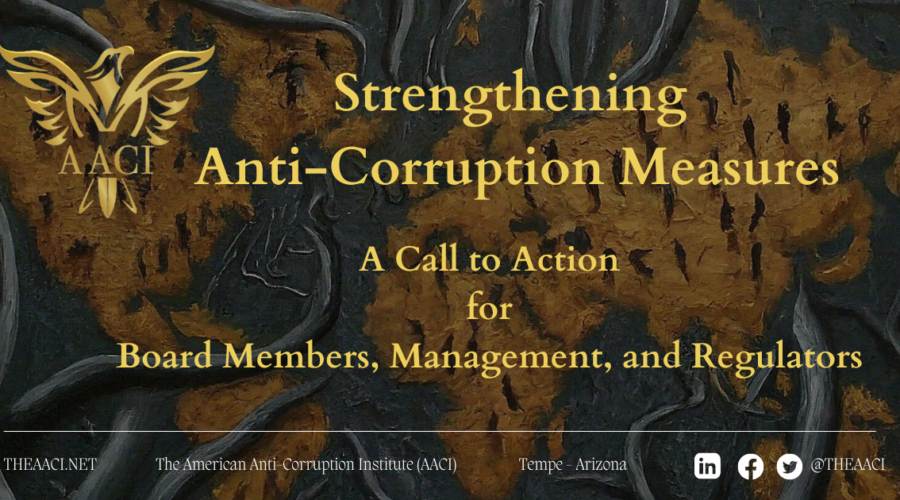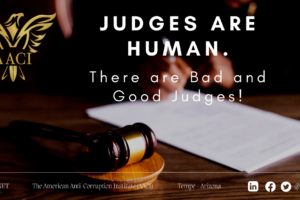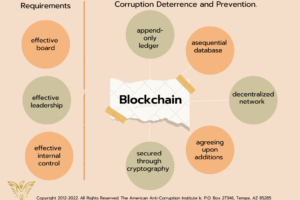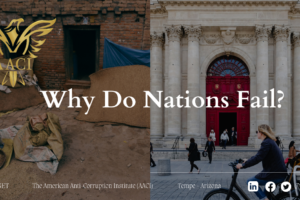March 20, 2024
Introduction
In the wake of Episode 8 of The Edge: Anti-Corruption Podcast, which explored “Detecting Corruption: 10 Red Flags Every Organization Should Watch For,” it is evident that heightened awareness and proactive measures are imperative in combating fraud and corruption within organizations. This blog post serves as a follow-up, emphasizing the critical role of board members, management, employees, government regulators, and other stakeholders in fostering a culture of transparency, accountability, and integrity.
First: Heightened Anti-Corruption Awareness
The ability to identify suspected and actual instances of fraud and corruption requires a minimum level of anti-corruption awareness among board members, management, and employees. Without this awareness, fraudulent activities may go unnoticed, even when occurring in plain sight. All stakeholders must undergo regular training and education on identifying red flags and unethical behavior to effectively combat corruption within organizations.
Second: Competence in Governance and Decision-Making
Governments must ensure that those entrusted with governance and decision-making within organizations possess the necessary competence to protect assets against loss, abuse, and corruption. Competent leadership is essential in setting the tone from the top and establishing robust anti-corruption measures and controls throughout the organization.
Third: Transparency and Disclosure
Regulators play a crucial role in holding organizations accountable for their anti-corruption efforts. Regulators must request organizations to disclose, at least annually, the state of corruption risks, any instances of fraud or corruption litigation, and management’s strategies for mitigating corruption risks in the coming year. This transparency fosters accountability and encourages organizations to prioritize anti-corruption measures.
Fourth: Engaging All Stakeholders
Combatting corruption requires a collective effort involving all stakeholders, including citizens and civil society institutions. By engaging citizens and civil society in identifying red flags and reporting suspected instances of corruption, we can strengthen our anti-corruption initiatives. Compliance with international frameworks such as the United Nations Convention Against Corruption (UNCAC) [1] reinforces the importance of collaborative efforts in fighting corruption across all sectors.
Conclusion
As we reflect on the insights shared in Episode 8 of The Edge: Anti-Corruption Podcast, it is clear that combating fraud and corruption requires a multi-faceted approach involving heightened awareness, competent governance, transparency, and stakeholder engagement. By taking concerted action and prioritizing anti-corruption measures, we can work towards a more transparent, accountable, and ethical business environment. Let us all play our part in the fight against corruption and uphold the Ten Principles of Fighting Corruption [2] and Integrity in all our endeavors.
Sources and References
[1] United Nations, Office on Drugs and Crime, United Nations Convention Against Corruption (no date). https://www.unodc.org/unodc/en/treaties/CAC/ (Accessed: March 20, 2024).
[2] The American Anti-Corruption Institute (AACI) [Exam Unit] (2020) Principles of Fighting Corruption. https://www.theaaci.net/Principles-of-Fighting-Corruption (Accessed: March 18, 2024).











































